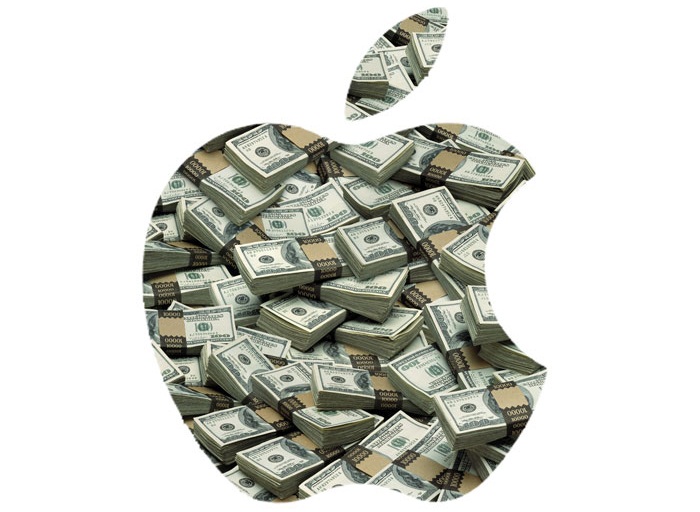Apple Irish Back Tax Ruling Expected Next Week

Ruling in appeal against European Commission’s order that Apple pay the Irish government $16 billion in back taxes due next week
Apple’s senior management will be keeping a close eye on a ruling expected next week by the European Union’s second highest court, the General Court of the European Union (GCEU).
The GCEU will deliver its ruling next week on whether Apple has to pay 13 billion euros ($16 billion) in back taxes to the Irish government.
It comes after European Commission (EC) officials had successfully argued the iPad maker took 13bn euros (£11.5bn) in illegal state aid from Ireland.
![]()
Apple investigation
The EC had began its investigation of Apple’s Irish tax arrangements in 2014 and two years later in 2016 concluded that Apple had been able to avoid taxation on almost all profits generated in the EU single market.
In August 2016 the EC ordered the Irish government to recover up to 13 billion euros (£11.7bn) plus interest in “illegal tax benefits”.
But both Apple and the Irish government decided to appeal the mammoth fine by the Commission, and the appeal began in September 2019.
And Apple’s delegation last September told the EU’s General Court that the EC penalty “defies reality and common sense”.
Now Reuters quoted the Irish government as saying on Wednesday that the GCEU will soon deliver its verdict.
“The State has been formally notified that the General Court of the European Union (GCEU) will deliver its judgement in the Apple State Aid case on 15th July,” the Department of Finance was quoted as saying in a statement.
Appeals likely
Deputy Prime Minister Leo Varadkar said the judgement was likely to be appealed by one of the parties.
“I think that no matter what the judgement is, this case will almost certainly be appealed by one party or another to the European Court of Justice,” Varadkar reportedly told journalists.
Indeed, either side will likely appeal upon losing the case, meaning the matter is likely to go before the European Court of Justice, where it could take a further three or four years to conclude.
It should be noted that Apple has already paid the fine in 2018, but the monies have been placed in escrow.
Essentially, the European Commission alleged that Apple and Ireland entered into an “artificial” profit arrangement that allowed it to pay a tax rate of less than 1 percent on its sales from across Europe.
Ireland meanwhile has accused the Commission of infringing upon national sovereignty and undermining the country’s low corporate tax regime.
The country argues it did not grant Apple any selective advantage, and cannot tax Apple on profits that are not taking place in the country.
Apple, for its part, has previously said it has abided by Irish and US tax laws, and that the tax rate it pays in Europe is low because key work such as design, engineering and development takes place in California.
Apple CEO Tim Cook has previously said the EC penalty has no basis in fact or in law, and that the Commission was ordering Apple to retroactively pay additional taxes to a government, that says Apple don’t owe it any more than Apple had already paid.
Quiz: How well do you know Apple?